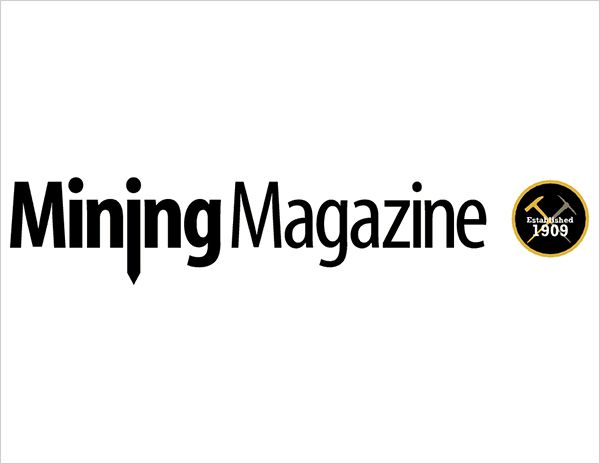
The mining companies using their own metals to benefit communities
Metals for Humanity has a novel approach towards helping remote communities
When social anthropologist Ingrid Putkonen started working with mining companies on their community engagement, she noticed a couple of things.
Firstly, these organisations often had checklists of what they wanted to achieve, but their approach was reactive rather than proactive. "They weren't necessarily doing comprehensive diagnostics on communities' needs," she told Mining Magazine.
But her idea was for more than just proactive listening to what people in remote mining communities had to say.
"The companies could use their very own metals that they were extracting and integrate those in the technologies and solutions they would introduce into the communities," she said.
Fast forward 10 years, and her organisation, Metals for Humanity, mainly funded by the mining industry, has put this concept into action.
In Mexico, Metals for Humanity works with silver producer Fresnillo to use silver, a powerful germicide, to clean water for people living in remote spots or densely populated urban locations. Working with local NGOs and universities, the organisation shows the community how they can test the water themselves to see how it has improved.
The project has been so successful that plans are underway to extend it to Peru and Chile.
The role of metals and minerals
Alongside this scheme, Metals For Humanity works to educate the communities about the role sustainably sourced metals and minerals can play in society. Another project is underway which is designed to use copper in local renewable energy sources.
"One of the reasons I like this work so much is that mining companies are inspired to do this, as opposed to seeing it as another checklist exercise," Putkonen says. "Voluntarily doing this means getting ahead of any regulation where they are forced to comply.
"We have access to big companies that can make an impact. Because we have built up these relationships, there is trust – and you need trust to innovate. Trust begins with dialogue."
To that end, Metals For Humanity runs workshops where members of local communities are encouraged to team up with representatives of mining companies to work on a photography project together. The result is often forging relationships and better understanding each other's perspectives, Putkonen says.
"A teacher might go inside the mine and see a processing plant for the first time, while an engineer will go to parts of the community they have never seen before," she says.
She hopes that this model of using the companies' own products to benefit residents will prove "flexible, but robust" so that it can be used globally.
Of course, some areas might not have needs that fit so neatly into something a miner can provide.
But the approach stems from the idea that mining companies can be valuable development partners. In some regions, they have a long-term presence in remote areas that federal or municipal governments struggle to reach. Many are resource0rich and have in-house experts, such as engineers.
Metals for Humanity has reached about 37,000 beneficiaries so far. However, Putkonen says its true success will be measured when projects such as workshops become self-sustaining.
There are hopes for government funding in Mexico, where the work began.
"There is a huge opportunity to move forward," she says.
